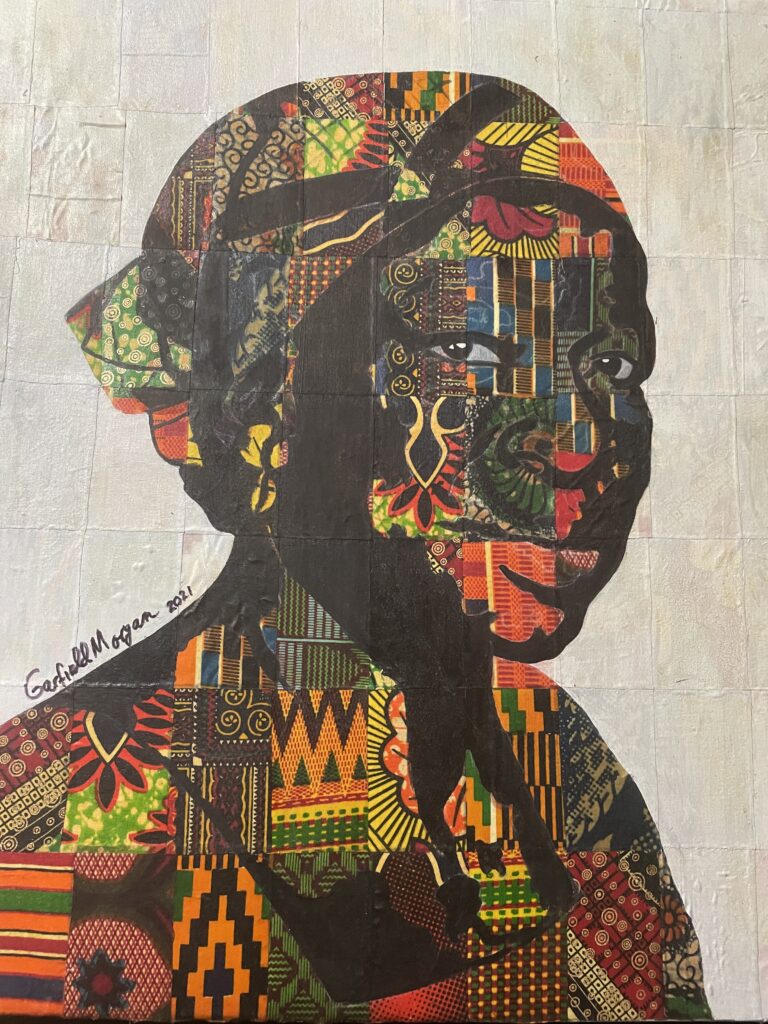The Economic Community of West African States in Mali

Is ECOWAS helping in Mali?
On 9 January 2022, the Economic Community of West African States (ECOWAS) met in Accra, Ghana, to ponder the Mali situation. The leaders of the various countries tried to find what they considered the ideal for Mali and the subregion in general.
ECOWAS and the first Coup d’état
Many think that the heads of state descended very heavily on the West African country which is still struggling to get back to its feet, after the military coup that overthrew Ibrahim Boubacar Keita, aka IBK. The June 5 Movement and Coalition of Patriotic Forces (M5-RFP) is a name that is crucial in this context. They played a colossal role in the opposition to the regime of former president, IBK, and organized protests that led to the military coup in August 2020. ECOWAS openly asserted their support for the civilian regime and condemned the military coup; they requested a restitution of the ousted civilian regime. The majority of Malians opposed that suggestion and all ECOWAS could do was to request that a military transition be put in place. Colonel Assimi Goita was vice president and Bah N’Daw was president; Moktar Ouane was prime minister, these last two were civilians. One could notice a stronger Russian presence on the scene, and that did not please France.
Anti–French sentiments and consequences
As a former French colony, Mali has been ruled for a long time by France, indirectly, through economic and military agreements and actions. The most recent evidence is the presence of French troops in Mali, through Operation Barkhane which is said to target the defeat of the Jihadists who have been attacking Mali. The military kept their new alliances, and a second coup took place in May 2021 and this time, Colonel Assimi Goita became president and Choguel Maïga, a civilian affiliated to the influential M5 RPF was prime minister. In West Africa, in general, former French colonies are disenchanted with the French legacy that they still carry. The new wave of youth prefer training in the USA, Canada, and the UK, instead of attending French universities. Those who choose to remain in Africa train most of the time in South Africa, Ghana and Nigeria.
The roots of the friction between France and Mali are therefore deeper and older than the situation in Mali. France is known to be behind those sanctions that have been imposed on Mali and to have convinced the European Union (EU) to strongly oppose the regime in power. This last ECOWAS meeting was called because the junta in Mali pushed the date of democratic elections further; from February 2022 to 2025, since the majority in the country accepted a transition that would last between six months and five years. The sanctions include freezing accounts of Malians, the closure of land and air borders with Mali. The general opinion is not in favour of ECOWAS because the average Malian is bearing the brunt of these measures. ECOWAS is perceived to be indifferent to the terrorist attacks that claim lives in the subregion; it is rather punishing a country that is seeking peace and security. How can ECOWAS protect and defend the interests of Malians more than Malians themselves?
Popularity of the Junta
Many Malians are very unhappy with these sanctions that have been slapped on their country. A wide network of business exists between Mali and her neighbours like Côte d’Ivoire, Burkina Faso, Nigeria and many others. Instead of attracting support in the name of protecting and maintaining democracy, people blame ECOWAS because poverty will increase. Among the sanctions is the blocking of the transfer of money into Mali. That negatively impacts traders who operate in the transport sector; the movement of persons and goods to and from Mali is the source of livelihood for millions of West Africans. Truncating such a business is, therefore, a heavy punishment for many innocent civilians, who throw their weight behind the junta, since the sanctions were not decided or imposed by the junta.
Many civil society organizations, like AFRIKKI (a pan-African network of Africa’s leading youth social movements), are spearheading the mobilization of all those who oppose the decisions of ECOWAS. AFRIKKI and other Black diasporic movements are calling for solidarity with Malians. They re-echo the sovereignty of the land of Sundiata Keita and Modibo Keita, two names that capture the resilience of Malians (and West Africans in general) and their adherence to the fight for freedom and the rule of democracy.
UN: the humane face in the storm
Several analysts find more rationality behind the position of the UN. Secretary General Antonio Guterres states that it is “absolutely essential” for Mali’s military leaders to announce an acceptable timeline for civilian elections. He added that his institution was teaming up with ECOWAS and the African Union to create conditions that could allow Mali to adopt a reasonable position for a quick transition. This sounds more humane and diplomatic, more peace building than the heavy sanctions that have been slapped on Mali. One wonders if last Sunday’s Accra meeting has the well-being of the average West African at heart. It is certainly not fair to impose suffering and hunger, in an attempt to defend democracy. This is another instance that clouds the real aims of ECOWAS. Some critics see ECOWAS as an institution that is not autonomous; an institution that finds it difficult to survive without Western assistance. The sanctions on Mali make the credibility and reliability of ECOWAS less firm. Did ECOWAS shoot itself in the foot by going that way?
Moussa Traoré is Associate Professor at the Department of English of the University of Cape Coast, Ghana.






